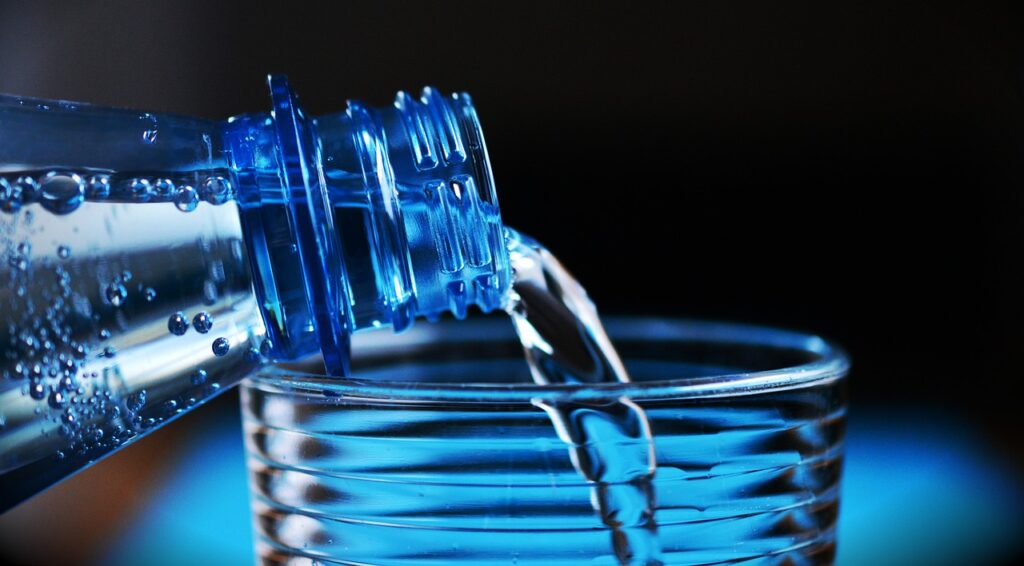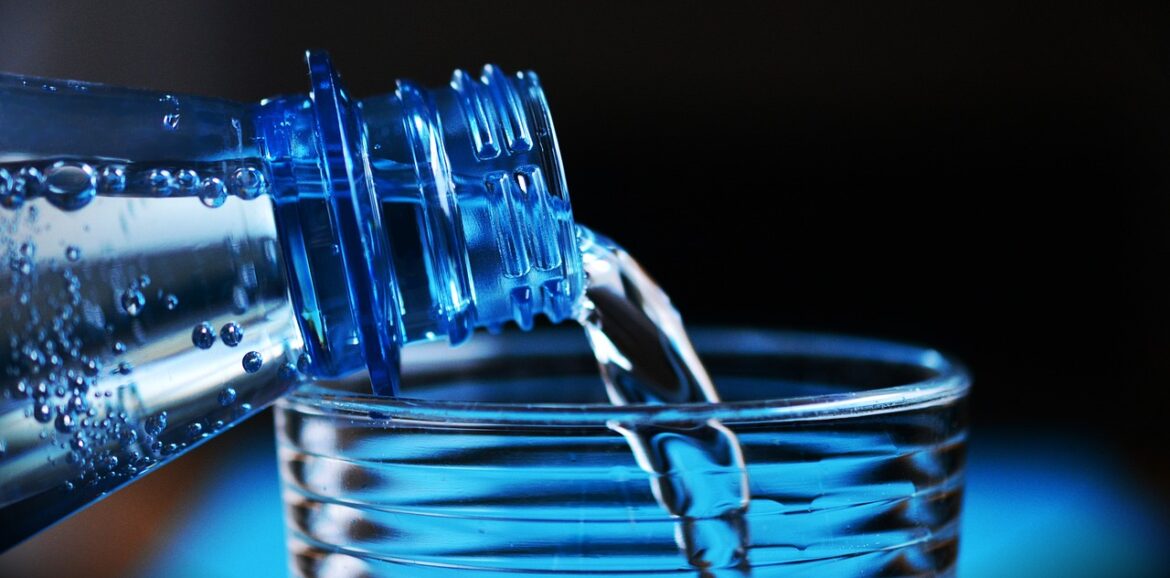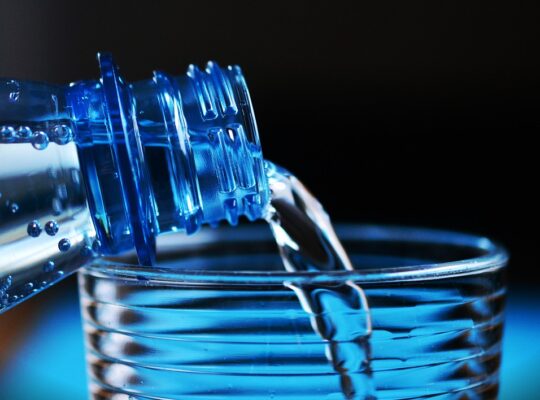
Introduction:
Water is often referred to as the elixir of life, and for good reason. Staying hydrated is crucial for maintaining optimal health and well-being, as water plays a vital role in nearly every bodily function. In this section, we’ll explore the importance of adequate water intake and offer practical tips on how to stay hydrated throughout the day.
Why Stay Hydrated?
Water is essential for various physiological processes in the body, including:
- Regulation of Body Temperature: Water helps regulate body temperature through sweating and evaporation, keeping you cool during physical activity and hot weather.
- Transportation of Nutrients: Water facilitates the transport of nutrients and oxygen to cells and tissues throughout the body, ensuring proper functioning and nourishment.
- Removal of Waste Products: Water aids in the elimination of waste products and toxins from the body through urine, sweat, and bowel movements, supporting detoxification and kidney function.
- Lubrication of Joints: Water serves as a lubricant for joints, cushioning them and reducing friction during movement, which helps prevent joint pain and stiffness.
- Maintenance of Electrolyte Balance: Water helps maintain the balance of electrolytes, such as sodium, potassium, and chloride, in the body, which is essential for proper nerve and muscle function.
The Importance of Adequate Water Intake:
Dehydration can have significant consequences for your health and well-being, including:
- Impaired Physical Performance: Even mild dehydration can impair physical performance, leading to decreased endurance, strength, and coordination during exercise or daily activities.
- Cognitive Impairment: Dehydration can affect cognitive function, causing symptoms such as difficulty concentrating, fatigue, headaches, and mood changes.
- Digestive Issues: Inadequate water intake can lead to digestive issues such as constipation and bloating, as water is essential for softening stool and promoting regular bowel movements.
- Increased Risk of Heat-Related Illnesses: Dehydration increases the risk of heat-related illnesses such as heat exhaustion and heatstroke, especially during hot weather or strenuous exercise.
- Compromised Immune Function: Water plays a crucial role in supporting immune function by aiding in the production and circulation of lymph, which carries immune cells throughout the body to fight off infections.
How to Stay Hydrated:
- Drink Plenty of Water: Aim to drink at least 8-10 cups (64-80 ounces) of water per day, or more if you’re physically active or in hot weather. Carry a reusable water bottle with you and sip water regularly throughout the day.
- Eat Hydrating Foods: Incorporate hydrating foods into your diet, such as fruits (e.g., watermelon, oranges, berries), vegetables (e.g., cucumber, lettuce, celery), and soups.
- Monitor Urine Color: Pay attention to the color of your urine as a simple way to gauge your hydration status. Pale yellow urine indicates adequate hydration, while dark yellow or amber urine may signal dehydration.
- Hydrate Before, During, and After Exercise: Drink water before, during, and after exercise to replenish fluids lost through sweat and prevent dehydration. Sports drinks may be beneficial for prolonged or intense exercise to replace electrolytes lost through sweat.
- Listen to Your Body: Pay attention to thirst cues and drink water whenever you feel thirsty. Additionally, be mindful of signs of dehydration, such as dry mouth, fatigue, dizziness, and decreased urine output, and take steps to rehydrate promptly.
Conclusion:
Staying hydrated is essential for maintaining optimal health and well-being. By prioritizing adequate water intake and incorporating hydration into your daily routine, you can support physical performance, cognitive function, digestive health, immune function, and overall vitality. Make hydration a priority and reap the numerous benefits it offers for your body and mind.







